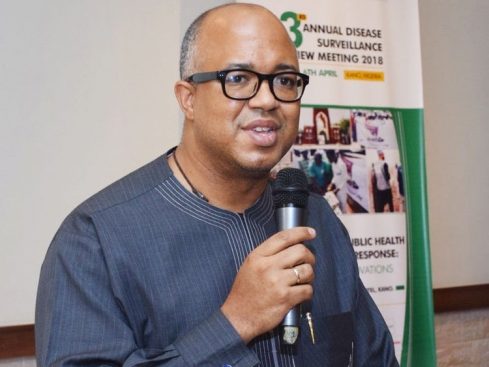Health
COVID-19: NCDC working closely with public health teams – D-G

The Nigeria Centre for Disease Control (NCDC) says it is working closely with public health teams of the 36 state of the federation and the Federal Capital Territory l to respond to the Novel Coronavirus (COVID-19) pandemic.
The Director-General of NCDC, Dr Chikwe Ihekweazu, gave the assurance on Monday at the daily press briefing by the Presidential Task Force (PTF) on COVID-19, in Abuja.
Ihekweazu said that the NCDC remained committed to supporting the crucial work of state epidemiologists.
He said that the agency had a Zoom meeting with the epidemiologists last week
He added that the agency was collaborating with states through the focal persons of the public health response in every state.
The director-general said that the state epidemiologists needed encouragement and better understanding of their challenges.
Ihekweazu said that Nigeria had enough reagents to test about 200,000 samples, across all its network of laboratories
“We now really need to work with state epidemiologists to collect the samples,” he said.
The director-general said that there had been low testing in the South East states.
He encouraged the states to do more.
“The earlier we find the cases, the better for us,” he said.
The National Coordinator of PTF, Dr Aliyu Sani, said that the PTF had changed the evacuation protocol.
“Previous 14-day isolation at government selected hotels will now be implemented as self-isolation at home or any other place selected by passengers, but within city of arrival.
“In that period, they will not be expected to go out or receive visitors.
“They will be required to stay in their cities of arrival (Abuja or Lagos) for a period of 14 days of self-isolation at their own cost (this isolation can be at home),” he said.
Sani said that there would be supervision by health authorities during the isolation.
He said that Nigerian missions abroad would coordinate and provide clearance for the evacuation.
“Emphasis will be on people in challenging circumstances: short-term visitors, those on medical and official trips, family holidays, pregnant women, the elderly and students,” he said.




 Davido's Net Worth & Lifestyle
Davido's Net Worth & Lifestyle 
